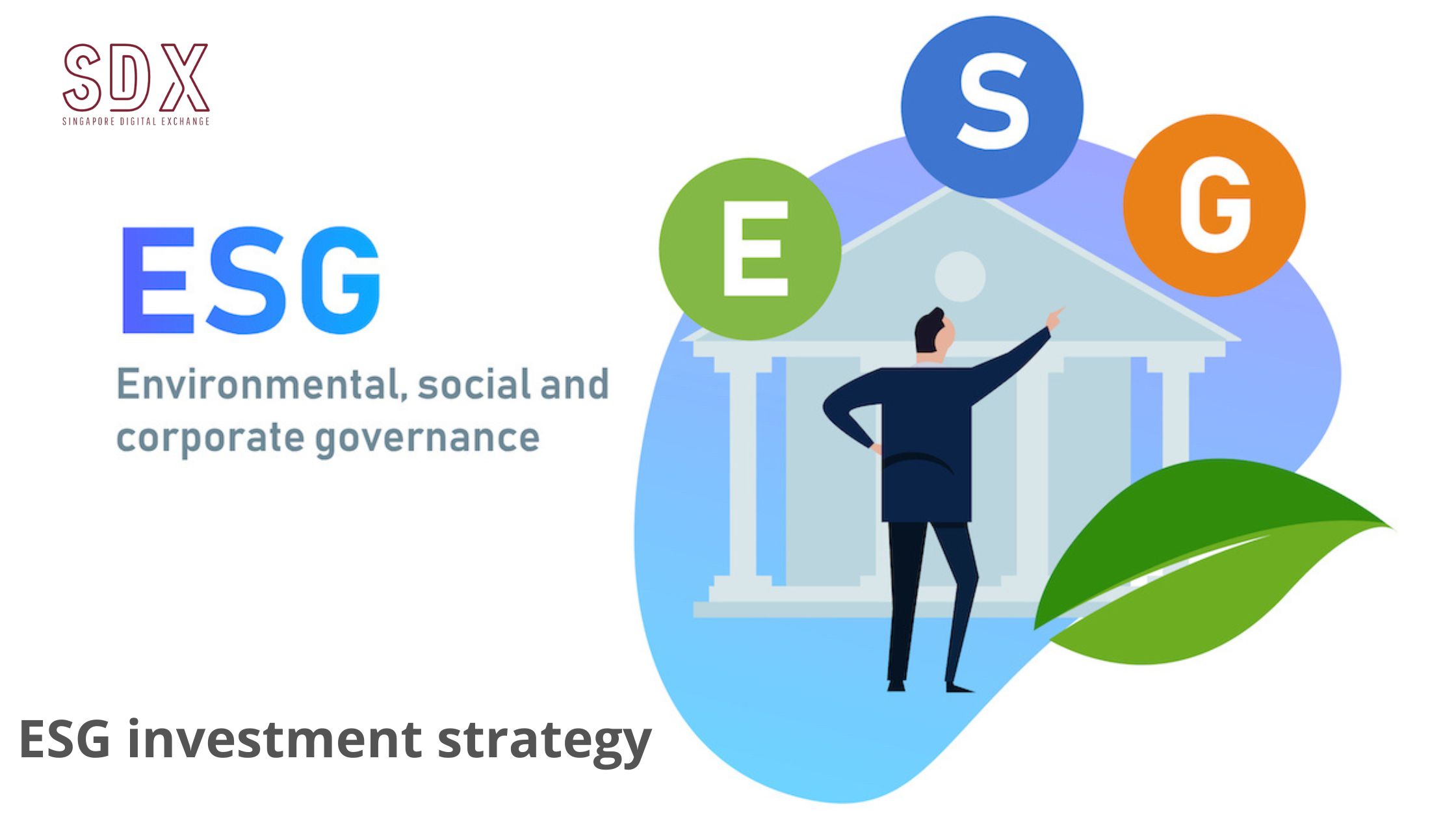Funds sold to retail investors under the label of meeting environmental, social, and governance (ESG) standards will now have to back up their claims with newly added disclosure and reporting guidelines issued by the Monetary Authority (MA).
These guidelines are part of measures announced by the MA as it released its second annual report on how any state can build a more climate-resilient, sustainable, safe, and trustable financial sector. The new guidelines will take effect from January 2023 and it will help to reduce greenwashing risks, as well as enable retail investors to much better understand the ESG funds they invest in, MA managing director “Ravi Menon” said in a briefing on the annual report.
Greenwashing is the act of making false/fake or misleading claims that products or investments are more environmentally sound, or green than they actually are.
ESG funds under the new guidelines will need to provide more information such as their investment strategy, the criteria used to select investments and all the risks and limitations associated with that strategy.
Mr. Menon noted that the new guidelines concern disclosures, rather than rating the “color” of the funds. “For other funds, you have disclosures that set out the fine gradations in different types of risks and returns and that is what people need. You don’t bucket them into colors. So I think we need to always avoid the same risk here because if we do that, we will be force-fitting into a color coding system and oversimplifying the differences across ESG funds,” he said.
In the guidelines, MA specified that the name of the ESG fund should not be misleading, which means that if it uses a term like “sustainable”, the fund should reflect this focus substantially in its investment portfolio or strategy. Securities Investors of Association president David Gerald said: “This is an always welcome move by MA to get fund houses to provide greater transparency on their ESG strategies”. The exercise will project how job roles in Singapore’s financial sectors will evolve over a three-year, five-year, and 10-year horizon as sustainability becomes more integrated with mainstream financial services, Mr. Menon said. “The additional funding will continue to promote all areas such as capability building, green fintech, climate risks, reinsurance, and solutions for transition finance and sustainable infrastructure,” Mr. Menon said.
The MA report had it focuses on transition finance – how to provide funding support for all companies that are not so green, to become greener. Part of this means stress-testing the financial industry to consider a range of climate scenarios. MA and the Exchange will also launch an ESG disclosure platform to allow listed companies in the state to upload corporate sustainability data in a structured and efficient manner.


